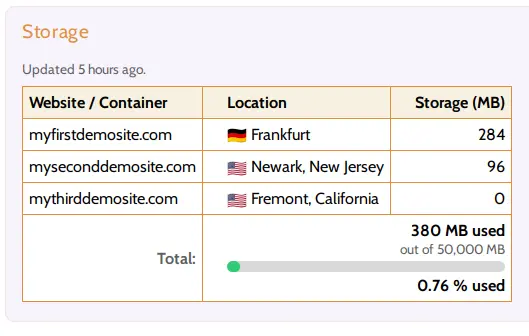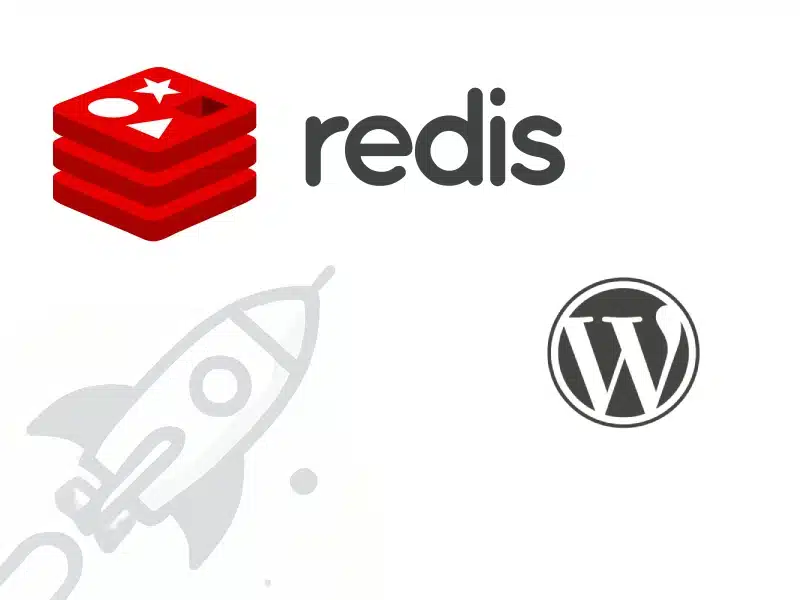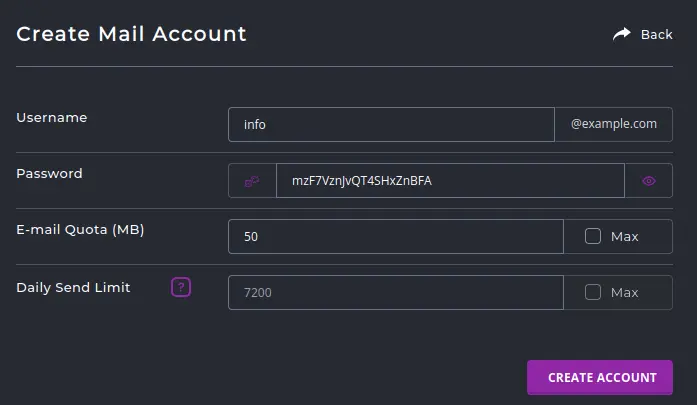When it comes to building a website, there are many different tools and technologies to choose from. Two popular options are page builders such as Elementor and Divi; and WordPress blocks. While page builders may seem like a convenient choice, there are several downsides to using them that make WordPress blocks a better choice for many users.
In this article we compare and discuss some of the pros and cons of both, across several factors.
1. Performance & page load speed
One of the main issues with page builders is that they can often slow down a website. This is because page builders tend to add a lot of unnecessary markup to a webpage, which can make it more difficult for search engines to crawl and for users to load. In contrast, WordPress blocks are designed to be lightweight and optimized for speed, making them a faster and more efficient choice for building a website.
Winner: Blocks/Gutenberg
2. Backward compatibility & vendor lock-in
Another problem with page builders is that they can have backward compatibility issues with new versions of PHP and WordPress. This means that users who build a website with a page builder may be stuck with an outdated website that cannot be updated. In contrast, WordPress blocks are built directly into WordPress, meaning that they are designed to work seamlessly with new versions of WordPress and PHP.
Many page builders also use proprietary code, which can make it more difficult to switch to a different page builder or platform in the future. In contrast, WordPress blocks are built using open-source technology, making them more flexible and adaptable to changing needs and technologies.
On the other hand, WordPress blocks offer several advantages over page builders. For example, blocks are built directly into WordPress, which means that they are backed by the official WordPress development team. This means that users can be confident that their website will remain compatible with new versions of WordPress and will be able to take advantage of new features and technologies as they are released.
Winner: Blocks/Gutenberg
3. Future proofing
In addition, WordPress blocks are designed to be future-proof. The Gutenberg editor that powers WordPress blocks is built atop modern technologies like Node.js, React, and Redux. This makes it a more future-proof choice for building a website, as it is built using the latest technologies and is backed by WordPress itself. This means that users who build their website with WordPress blocks can be confident that their website will remain up-to-date and compatible with new technologies and trends.
Winner: Blocks/Gutenberg
4. Flexibility
Another advantage of WordPress blocks is their flexibility and ease of use. With blocks, users can easily create custom layouts and designs without needing to know how to code. They can also add custom HTML and CSS to their blocks, giving them even more control over the design and functionality of their website. This means that users can save time and money by building their own website without needing to hire a developer or designer. And with modern tools like Chat GPT, we all know how easy it can be to generate custom HTML code on the fly.
Winner: Blocks/Gutenberg
5. Functionality & extensibility
Page builders still have some major advantages. For example, some page builders offer a wider range of customization options than WordPress blocks. Additionally, page builders often have more pre-built templates and designs available, which can save users time and effort when building a website.
Winner: Page builders
6. Ease of use
One advantage of page builders is their ease of use. Many page builders offer drag-and-drop interfaces that make it easy for users to create custom layouts and designs without needing to know how to code. This can save users time and effort when building a website, and can make page builders a good choice for beginners or users who want to create a website quickly and easily.
Winner: Page builders
7. Price
In addition to the issues mentioned earlier, page builders can also be more expensive than WordPress blocks, particularly if users need to purchase add-ons or upgrades to access all the features they need. Blocks. being part of WordPress, are open source software that is distributed at no cost (i.e. free).
Winner: Blocks/Gutenberg
Summary
Overall, while page builders may seem like a convenient choice for building a website, there are several downsides to using them. They can slow down a website, have backward compatibility issues, and use proprietary code. In contrast, WordPress blocks are a faster, more efficient, and more future-proof choice for building a website. With their lightweight design, open-source technology, and modern architecture, we believe that WordPress blocks are the best choice for anyone looking to build a high-quality, customizable website in 2023.
Whether you are a beginner or an experienced developer, WordPress blocks offer the flexibility and power you need to create a website that meets your needs and exceeds your expectations.



